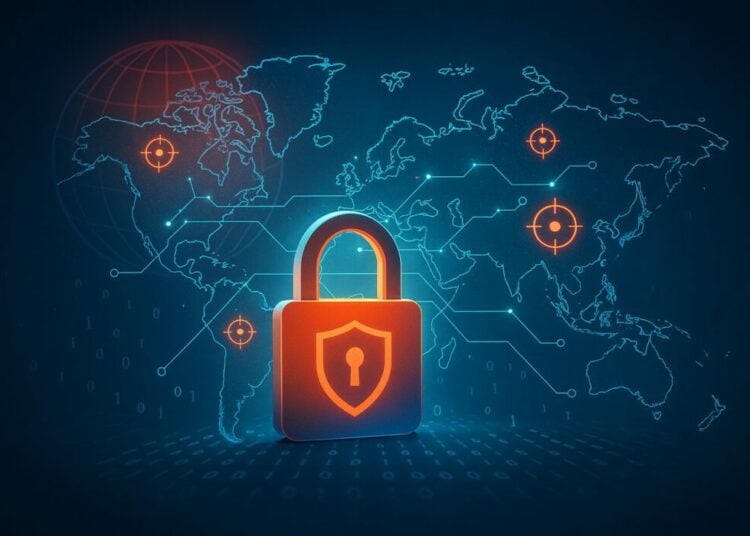The intersection of technology and international affairs has never been more clear than it is today. In 2025, cyber capabilities are no longer just tools for espionage or disruption. They are tools for international diplomacy, economic power, and even political pressure. State-sponsored cyber operations have turned the world into a digital battlefield, where the lines between good and bad are blurred and the stakes have never been higher.
Countries of all sizes now see cybersecurity as more than just a way to protect themselves. It is also an important part of their geopolitical strategy. And with the surge in surveillance, data leaks, and cross-border cyberattacks, users seeking to access information outside their national firewalls often rely on a VPN for a Chinese IP address to stay connected without interference.
Cyberattacks as Political Statements
Cyber attacks have become strong signs of anger or intent, from messing up election systems to even attacking energy grids. These attacks are not often random. They are well planned, coordinated, and getting more and more complex.
The most high-profile attacks in the last few years have not only been against private companies, but also against national infrastructure, transportation, health care, and defense. In a lot of cases, the people who do the crime leave behind digital fingerprints that make it hard to figure out who did it. This lack of clarity lets countries go to war without firing a single bullet, which makes the lines of engagement less clear. Cyber aggression
need to happen in the same area as traditional warfare. Cyber tools are perfect for modern political conflict because they let countries attack enemies halfway around the world with just a few keystrokes.
For deeper insight into how these dynamics are evolving, this academic analysis provides a thorough breakdown of cybersecurity’s increasing influence in world politics.
Sovereignty in the Age of Data
Just as countries once fought to control territory and natural resources, they now fight to control data. National sovereignty today includes digital borders, firewalls, surveillance programs, and state-mandated content regulations. In 2025, governments are not just protecting physical borders but also the flow of information within and across their networks.
This fight for power has led to the rise of data nationalism. For instance, China and Russia have built tightly controlled digital ecosystems. Some countries have used protectionist policies to make sure that their citizens’ data stays on servers in their own country. There are a lot of possible effects. Data localization laws have an effect on everything from trade talks to how countries get along with each other.
This change in digital sovereignty has led to new alliances as well as rivalries, where data rights are just as important as land rights.
Cyber Security & The Global Economy
In 2025, cybersecurity is more than just a national security issue; it’s also an economic one. Companies in all industries have had to rethink their digital risk strategies because cyberattacks are happening more often and are more serious. Everyone, from big banks to small businesses, could be a target.
Cybercrime costs the economy a lot of money. Ransomware attacks have cost businesses billions of dollars, and stealing intellectual property continues to stifle competition and innovation. Investors now think that a company’s ability to protect itself from cyber attacks is just as important as its financial health.
At the level of international relations, trade agreements are more and more likely to include terms about digital infrastructure and data security. Countries are using their knowledge of cyber security as a trade advantage by offering safe platforms and technologies in exchange for economic partnerships.
The talk about cybersecurity has changed from just defense to being a part of the global economy’s very foundation.
For an updated look at how global players are approaching cybersecurity policy and diplomacy, this political science journal explains emerging challenges & frameworks.
The Path Ahead
As we move through 2025, the role of cybersecurity in world politics keeps changing. It is no longer a secondary concern; it is now the main axis around which alliances form, conflicts grow, and power is shown.
We still don’t know if world leaders can work together to make a digital world where security, freedom, and openness all exist. If they can’t, we’ll keep moving toward a cyberspace that is broken up and hostile, fueled by suspicion and the desire for strategic advantage.
The digital battlefield is getting bigger, and so is the duty of countries to set rules, hold people accountable, and protect the digital rights of their citizens. The stakes are clear and in this new era of geopolitics, cyber resilience is national resilience. This can be achieved through innovation, regulation, or diplomacy.





